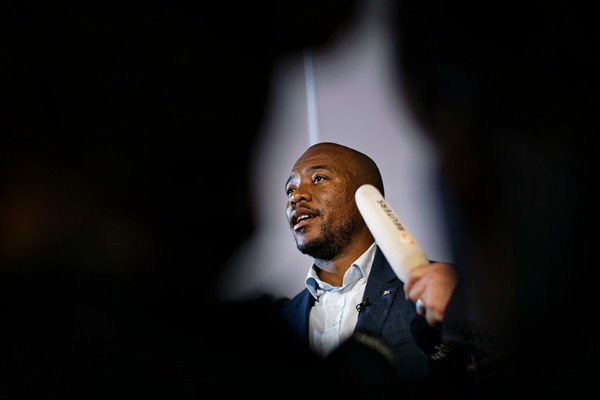South Africa’s largest opposition party, the Democratic Alliance, or DA, is in turmoil following its poor showing in parliamentary and provincial elections earlier this year. Several senior black figures in the DA, including Johannesburg mayor Herman Mashaba and Mmusi Maimane, the DA’s first black leader, left the party last month. Their resignations came on the heels of the return of the party’s controversial former leader, Helen Zille, to a top leadership post. Zille, who is white, has a history of making remarks seen as racially insensitive, so her return was widely interpreted as a sign that the party would recalibrate its strategy of trying to expand its appeal to black voters. In an email interview with WPR, Dirk Kotzé, a professor of political science at the University of South Africa, discusses the DA’s difficulties in reconciling its internal tensions.
World Politics Review: After years of promising strides, why did the Democratic Alliance struggle in elections earlier this year?
Dirk Kotzé: The DA made notable gains in the 2016 municipal elections, beating the governing African National Congress in Tshwane, the municipality that includes the capital, Pretoria. It also held the ANC to below 50 percent of the vote in Johannesburg, the country’s economic hub and most populous city. That allowed the DA to assume control of the municipal governments in both these key cities through informal cooperation agreements with the Economic Freedom Fighters, or EFF, a radical left-wing party that broke away from the ANC in 2013. Yet, in national and provincial elections this year, the DA lost five seats in the National Assembly and 1.5 percentage points in the national vote share. So, what changed between 2016 and now?

